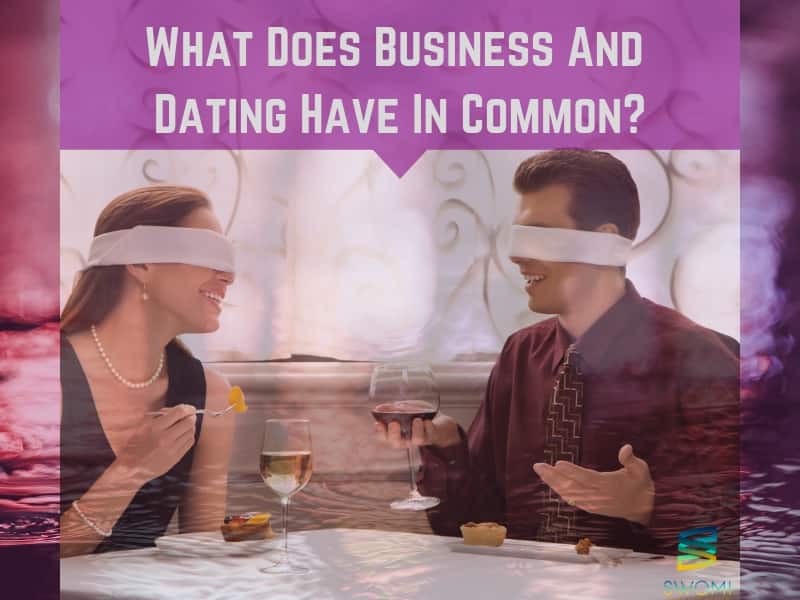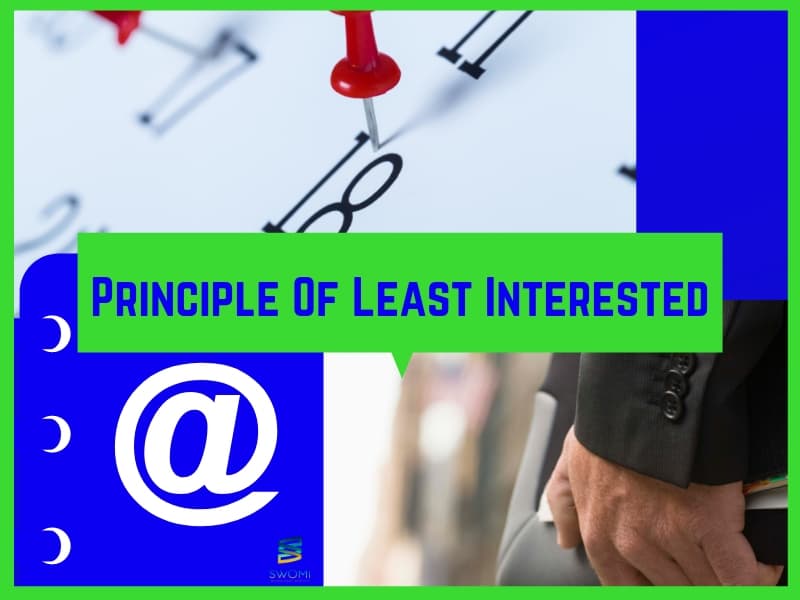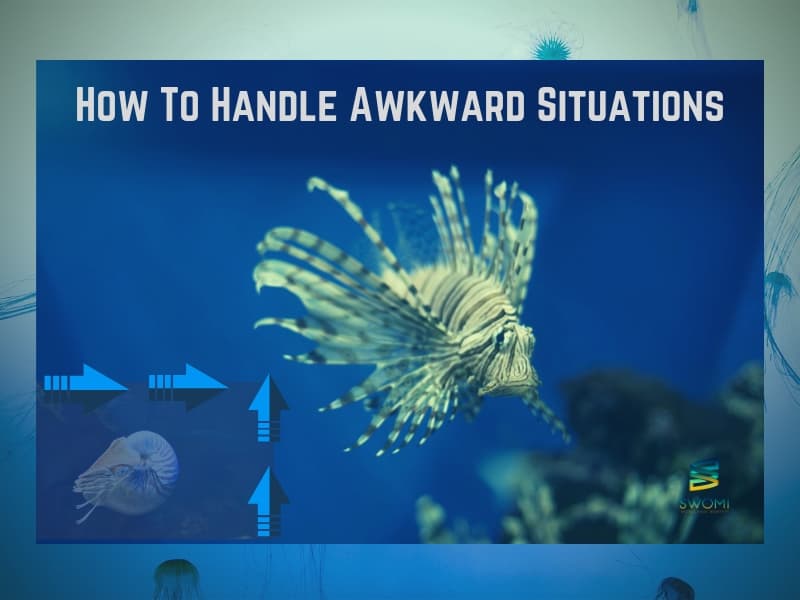Be good in this ONE skill.
https://soundcloud.com/sleeepyfish/slow-dance
This article is letter (D) of our “Your Words Have Worth" series that shows your words and online content have value. “Your Words Have Worth" looks at what's the hottest, latest, and greatest for the coming new year and beyond. Find links to more articles in the series below.
Business and dating share the same secret to success. What is that secret? They both rely on quality, trusting relationships.
While they may have relationships in common, both go about interacting with people in a similar way. At the same time, building trust in a relationship shares many common similarities no matter what industry you make relationships in. People will always be people, after all.
So how can you most effectively adopt relationship building skills to enhance your business relationships and romantic relationships?
What Does Business And Dating Have In Common?

“This time, it’s personal.”
“Once you enter the office, leave your personal issues at the door.”
“It’s just business.”
Business is business. Keep your personal life at home.
Isn’t this the common sense we’ve grown up learning?
Well, guess what? In today’s constantly evolving world, everything you’ve learned shifts and adapts to the pace of technological developments. Common sense isn’t so common anymore. Yesterday’s cutting edge is tomorrow’s outdated ways.
The way things, people, and systems relate and function together change. One area this can be seen is between business and dating. Before, they were seen as two realms on opposite ends of the spectrum.
These days, we understand business and dating build upon the same foundation – relationships.
The connection between relationships and dating is straightforward. You date someone you admire that you want to get to know better. Eventually you build trust between each other and build a life together.
Business follows a similar pattern with both customers and business partners. Contrary to popular belief, business is not just about money. Business in today’s age focuses on adding and providing value to the customer. Brands build relationships with customers through their online content and with the customer’s experience with the brand.
When working with business partners, collaborators, and influencers the same relationship rules apply. If you want to work with someone, you can’t just cold call them and say, “Hi, I like you. Let’s collaborate on a project that will benefit us both.”
In the dating world, that’s the equivalent of going up to someone you’re attracted to and saying, “Hello, nice to meet you. Please drop your pants.”
Not very appealing, is it?
Principle Of Least Interested

Whether it’s in the context of business or in the context of dating, everyone is human. And human relationship dynamics ring true across all relationships.
One such dynamic is the “principle of least interest.” The authors Jevan Soo, management and human capital consultant and a research associate at Harvard Business School, and Thomas J. DeLong, management and organizational behavior professor at Harvard Business School, explain the principle of least interest in their Forbes article:
“The ‘principle of least interest,’ developed by sociologist Willard Willer from his studies of dating relationships among college undergraduates in the early 20th century, explains that how we feel about a relationship with another person depends on our perceptions of fairness or level of investment in that relationship. The party who holds the most power in that relationship is the one who is (or appears) least invested or interested. The power of ‘least interest’ stems from an ability to exploit that difference in interest during various interactions, ranging from negotiations over the purchase of something desirable, to convincing your boss to give you a raise, to landing a date for Saturday night.”
Under this power dynamic, individuals claw for power in business and personal relationships to offset perceived imbalances. It becomes really insightful when you see the behaviors people undergo in pursuing the power of “least interest.”
To achieve the power of least interest, individuals put on a mask of indifference to “win.”
Needless to say, the principle of least interest is an unproductive power game. Before, it was the default stance of companies.
Company’s power of least interest is weaker. It no longer deals with a set of isolated customers that hold a power position.
Thanks to the internet, that no longer works because individuals can band together and assert themselves as a group.
Consumers hold the power, not the company. At any point, consumers can choose to ignore a company. With all the content and competition out there, no one is starved for choice.
How To Handle Awkward Situations

Breaking out your relationship building skills in your business and personal lives can still be uncharted territory. With the new and unknown inevitably comes some awkward hiccups.
Here’s some common awkward bumps in the road and how to handle them courtesy of Frances Cole Jones, author and President of Cole Media Management.
While Jones does not believe in mixing business with pleasure, she nevertheless offers some tips for navigating the business-pleasure grounds.
Practical advice for all the practical folks out there.
You’re single. They’re single. Everybody’s interested.
First things first, make sure that no ethical or corporate regulations are being violated should you both decide to kindle those romantic flames. Along with hard-lined corporate policies, you also want to ask around to see if there are any unspoken rules about inter-office, inter-client, or someone in a competing industry.
You’re single. They’re single. But you’re not interested.
In this scenario, you’re directly or indirectly being hit on someone you’re not interested in. But you’re weary that turning them down will distract from your deal or impact your team.
When turning them down, remember to be clear and kind. If you’re still being pestered, try not to make up imaginary plans or spouses.
Pull out the line, “Dating has the potential to derial the deal/ project, and I think you would agree that’s the most importanta thing.”
In any situation where anyone is married…
If someone is marred, engaged, or about to get a divroce, stay hands-off. Married means married. And married means unavailable.
If you’re situation works out, congratulations. According to Jones, for every one situation that works out, there are thousands and thousands of examples that don’t.
Real Life Examples

On the individual, personal level, it can be tricky pulling off holding down relationships in the business and personal spheres personally.
In the online marketing world, businesses woo their customers like dating. Marketing evolved from a self-promotional style to customer-centric content marketing. Brands focus on building a relationship over time by providing valuable, credible content that genuinely helps their audience.
Compare the content marketing process to romantic dating. You first awkwardly meet each other. Over time, you learn more about each other and usually give gifts, keeping their interests, preferences, and tastes in mind. The ultimate goal of any relationship is trust and loyalty.
Word Up:
Business and dating have way more in common than was once thought. In relationships, you spend time getting to know the other person, bringing value to each other, and forming trust. This holds true regardless of whether you want to collaborate with a social media influencer or land a date for Saturday night.
Before, companies leveraged their power over consumers by practicing the power-play tactic of “least interest.” Whoever is less invested and less interested in the relationship has the ball in their court.
Content marketing is the clearest example of an industry where relationships are prioritized over profit. Brands finally realize that lifelong relationships are worth more than a quick, one-and-done sell.
If you take this really literally, you may begin dating within your business social circle. Tread with caution as there can be some awkward moments. You have to be careful here as they may hinder with business objectives.
This article is letter (D) of our “Your Words Have Worth" series where we write an article for each letter of the phrase. “Your Words Have Worth" looks at what's the hottest, latest, and greatest for the coming new year and beyond. Find links to more articles in the series below.
(Y)ou And Your Content. The Future Is Looking Bright
(O) Monetizing Content When (O)ur Words Have Worth
(U)tilize Your Content To Make Your Words Have More Worth
(R)epublish. Repurpose. Reinvent. Repeat!
(W) Surprising Places (W)here You Will Find Your Content
(O) What Is The Value Of (O)ther People’s Content?
(R) The (R)ole Future Content - Where It’s Been And Where It’s Going
(D)ating And Business: The Secret To Success In Both
(S) How (S)uper Influencers Monetize Content
(H) ...coming soon
(A) ...coming soon
(V) ...coming soon
(E) ...coming soon
(W) ...coming soon
(O) ...coming soon
(R) ...coming soon
(T) ...coming soon
(H) ...coming soon



